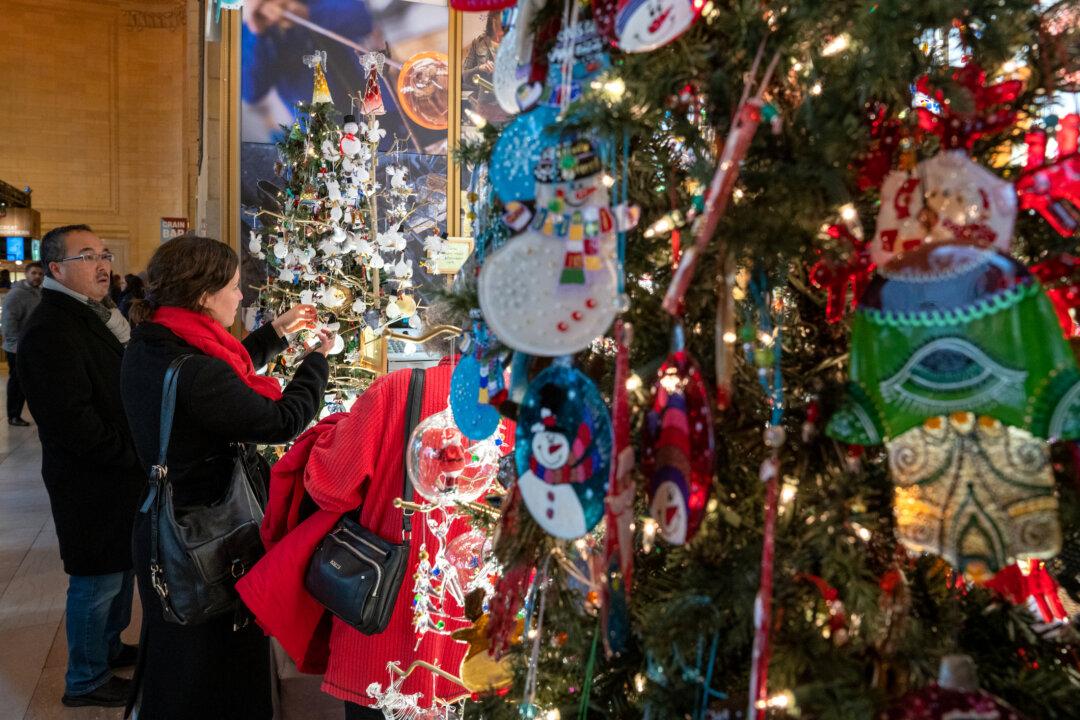American retailers are preparing for the last week of the holiday shopping season beginning on Dec. 17.
The 2021 holiday season appears to be on track to reach as high as 11.5 percent growth over last year.

American retailers are preparing for the last week of the holiday shopping season beginning on Dec. 17.
The 2021 holiday season appears to be on track to reach as high as 11.5 percent growth over last year.